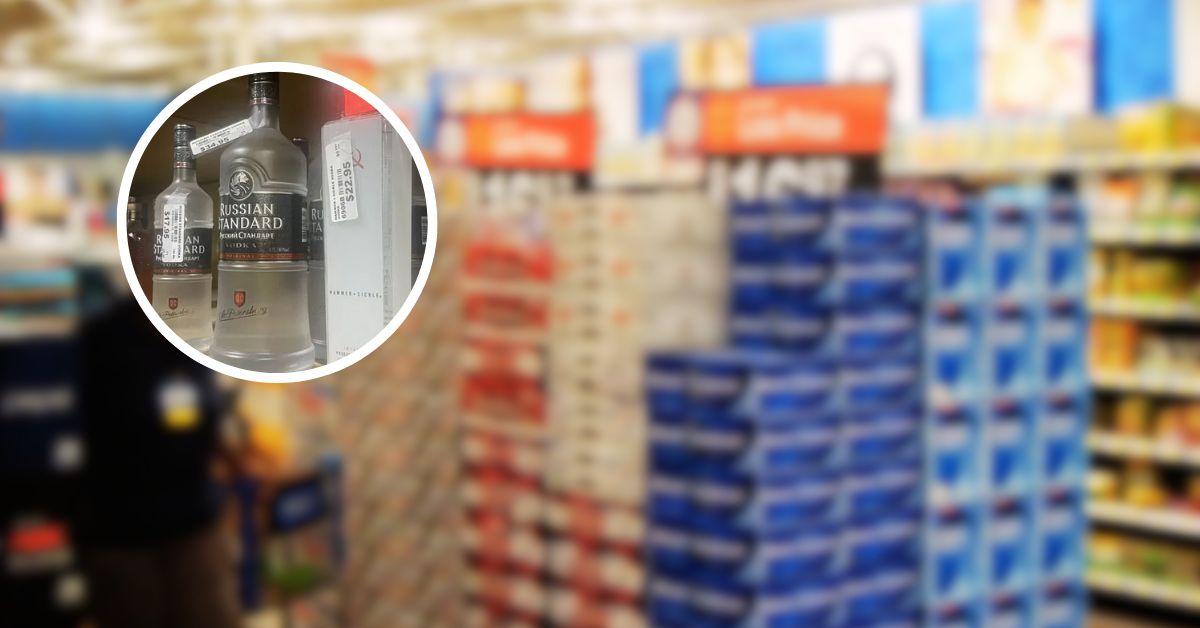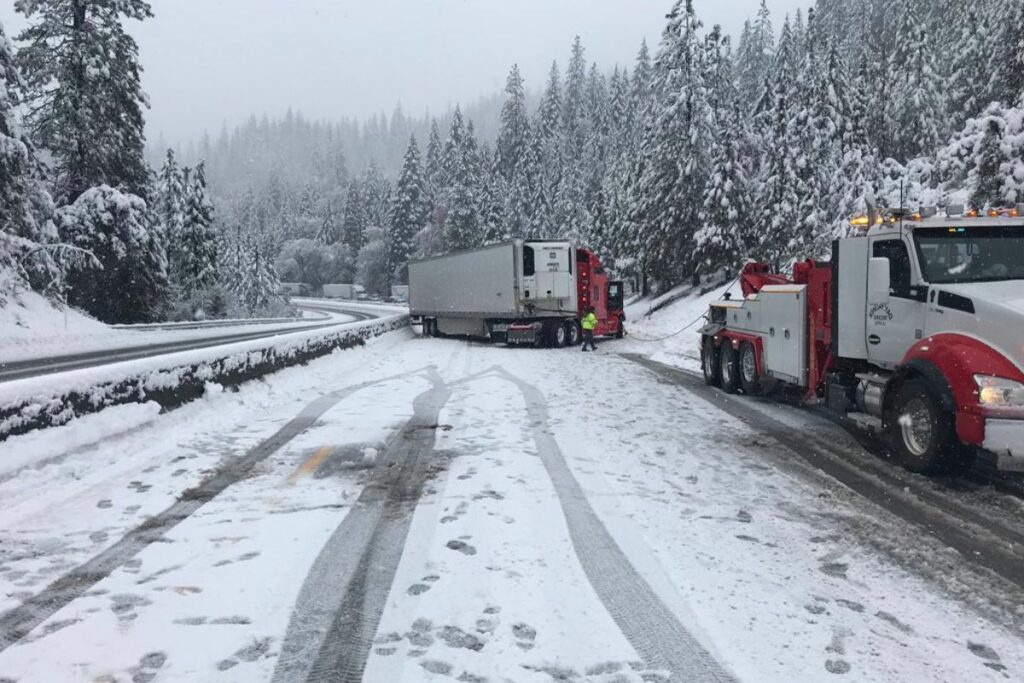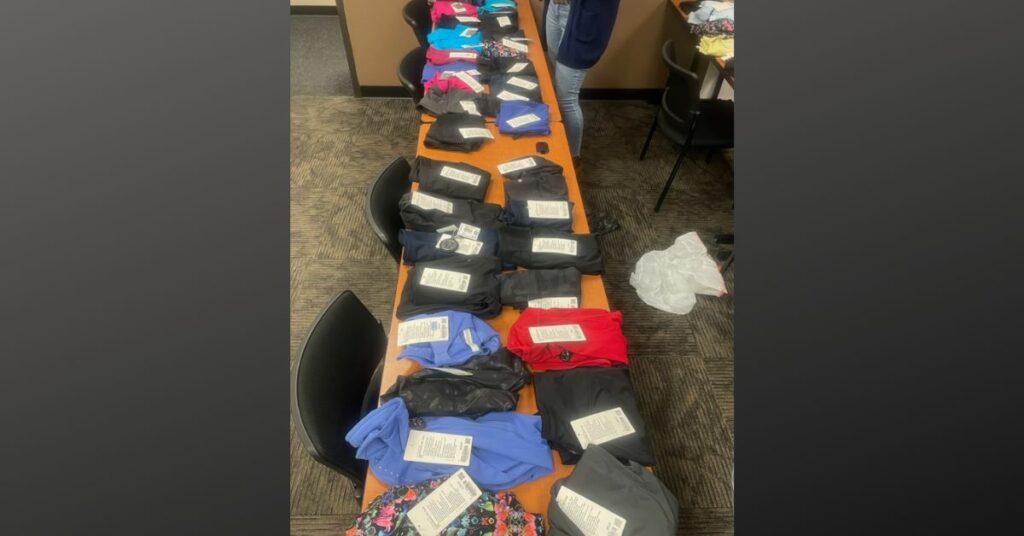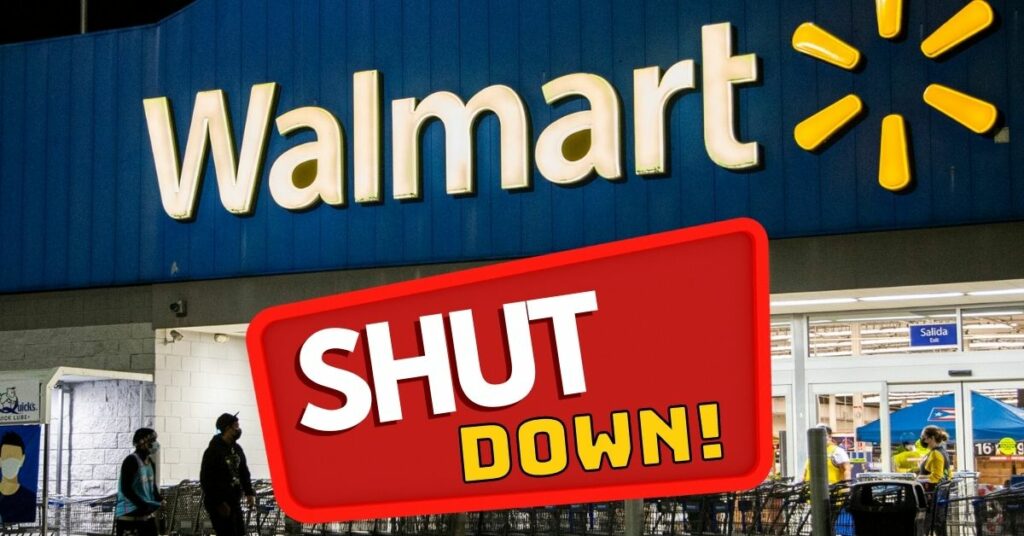This policy, which was passed by the oversight board on Thursday(18 May 2023), comes months after a scandal at the Oregon Liquor and Cannabis Commission and prevents agency employees from gaining access to the state’s supply of rare and hard-to-find liquor items.
The Board of Commissioners of the OLCC recently passed a regulation that limits who can buy alcohol in the state, particularly from the so-called “safety supply.” To prevent personnel from tampering with the booze, it will now be subject to regular audits.
Retailers and their customers agree that this regulation is long overdue. Many people feel that this would have prevented corruption at the OLCCC if it had been in place before the crisis surfaced.
Liquor prices in Oregon can be found here, along with a video that goes along with them.
In February, it was discovered that Steve Marks, the then-executive director of the Oregon Liquor and Cannabis Commission, along with five other agency officials, had stolen highly sought-after bourbons for personal use. Among the stolen bottles was Pappy Van Winkle’s 23-year-old whiskey.
An investigation revealed that the officials were purchasing the expensive whiskey themselves, using their connections and inside knowledge at the commission to acquire the bottles for free. Marks and the other authorities ultimately resigned, and the public was left without access to the expensive booze.

One OLCC worker who presented the rules to the board members on Thursday claimed that staff will have to shop at the store just like the rest of the public.
“Or go on the Oregon Liquor search,” they said. “There will be no influencing of getting those bottles once that plan is set.” The probe has led to the commissioners enacting additional rules for OLCC workers.
You can read some of the most popular blogs in Oregon right here.
- More Oregonians Enter Top Tax Rate: Filling State Coffers.
- Oregon Firefighters Heat Up Early Wildfire Safety Measures.
The first one says that workers can’t put away booze to use later. According to the commissioners, additional policies will cover how products may be donated to organizations and how consumers may purchase products that are otherwise difficult to obtain.
On Thursday, the board heard public input on a proposal to increase the price of liquor by 50 cents per bottle from members of the public health and hospitality industries.






